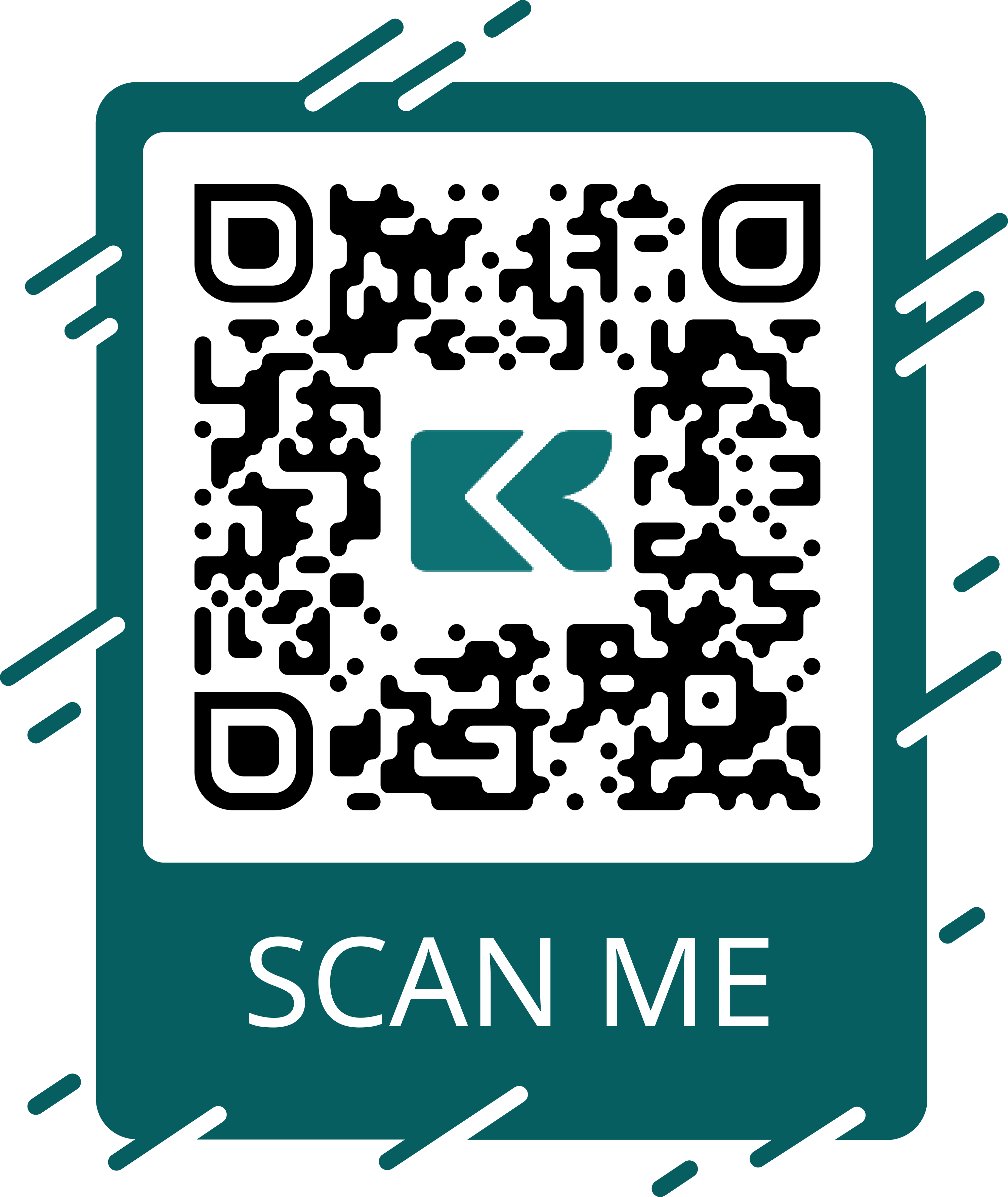PIN Verification
PIN verification, or Personal Identification Number verification, is a security measure used to authenticate individuals and ensure that only authorized users have access to certain systems, accounts, or services. A PIN is typically a numerical code known only to the user and is used as a form of password or identification. PIN verification in Point…
